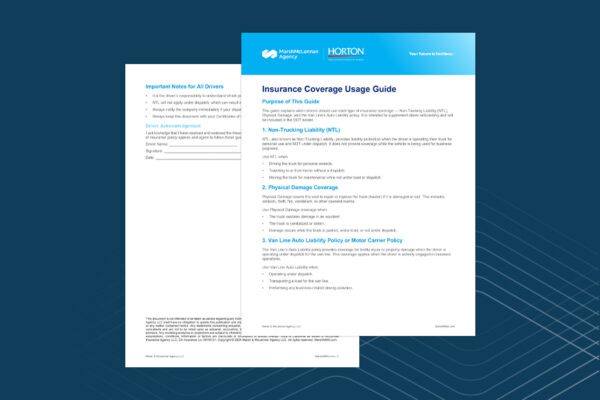In total, 20 petroleum tanks holding up to three million gallons of fuel each would burn for more than a week.
Five hundred yards from the blast was a heavily constructed building that housed a bakery responsible for supplying hamburger buns to one of the largest fast-food chains in the world. The initial shock wave from the explosion shifted the entire roof of the bakery nearly two feet off of its walls rendering it unsafe for entry.
Forty kilometers away, the extreme blast woke the insurance agent responsible for placing the coverage for the bakery. The agent was the English correspondent broker who worked with The Horton Group and was responsible for managing the bakery’s worldwide insurance program. In total, the client operated 18 facilities in more than 12 different countries. They immediately shifted production to their other locations in England, France and Belgium.
Complicating Matters
Once the fire was under control, it was time to approach the insurer on the client’s behalf. A number of factors complicated the settlement, including:
- The loss took place 4,000 miles from the bakery’s headquarters.
- The landlord leasing the space to our client was in dispute with his insurance company over his settlement and refused to repair the building.
- The bakery’s equipment was forced to sit inside the building until the remediation could make it safe for entry.
- At the mercy of the landlord, the time element of loss began to run extremely high.
More than 1,000 e-mails, 110 phone calls and 15 trips to the site of the explosion took place between the correspondent agent, The Horton Group, the client and the insurance company – to make certain the claim was properly handled and settled.
Conclusion
No one recognizes the importance of having someone to rely on overseas more than Mike Gleason, the Horton agent responsible for handling the bakery’s global insurance program. “If it wasn’t for the relationship I had formed with our agent in England, there is absolutely no way I could coordinate this important claim,” Mike stated. “I would have greatly disappointed one of my largest and longest-term clients. Our partner in the U.K. did a remarkable job representing The Horton Group.”
The suspected cause of the blast was a spark from a nearby generator that ignited a vapor cloud, which emanated from one of the tanks. As for our client, the insurance company paid approximately $32 million in business interruption, severance pay, extra expense and production equipment damage, yet renewed the client the very next year with a 12% decrease in property premiums.
Material posted on this website is for informational purposes only and does not constitute a legal opinion or medical advice. Contact your legal representative or medical professional for information specific to your legal or medical needs.


